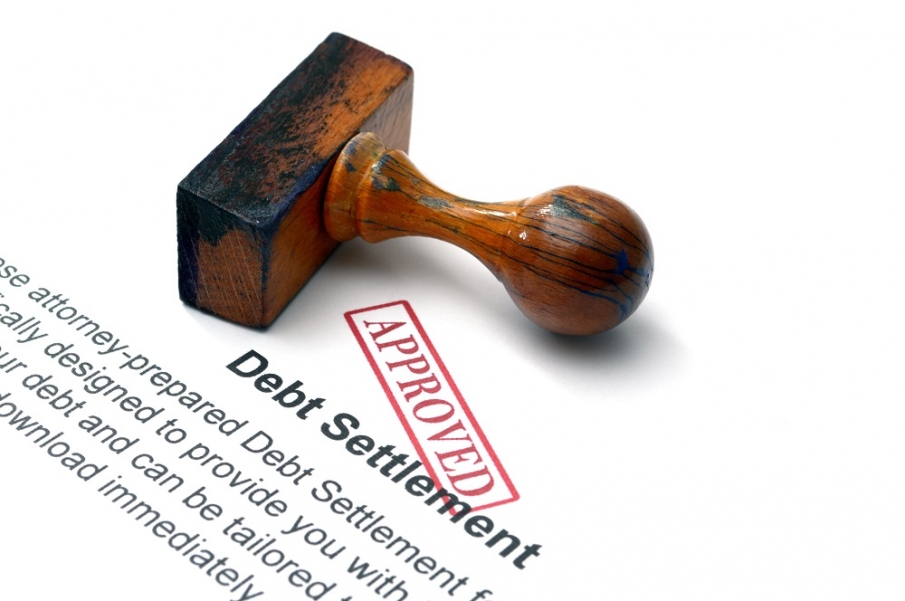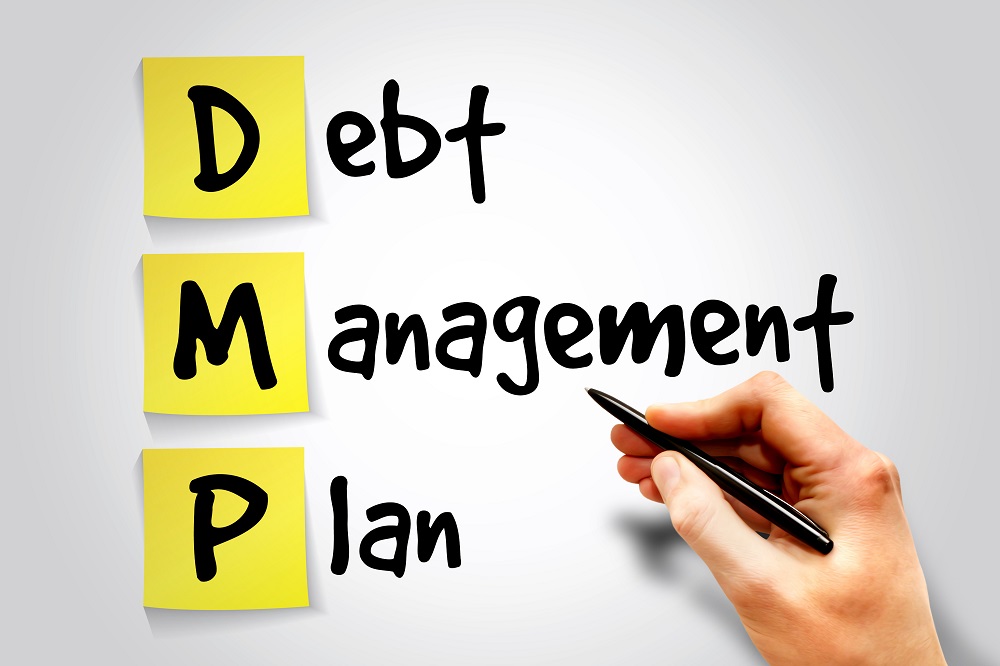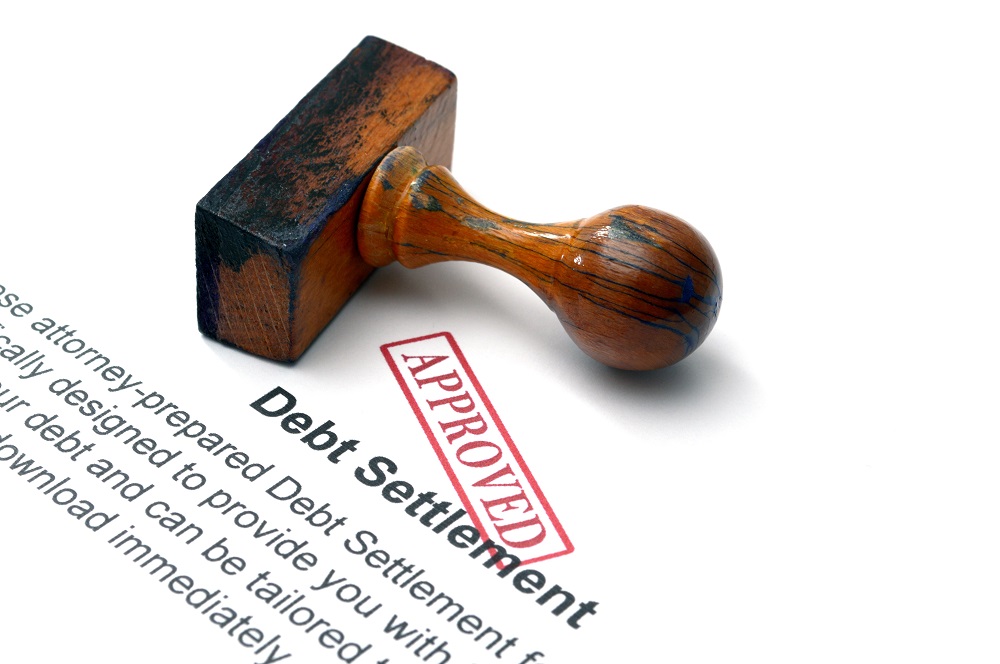Introduction to Settling a Joint Debt or Obligation
 Because debt settlement is, essentially, a voluntary contract entered into between a creditor and a debtor whereby the two parties agree to resolve the debtor’s outstanding obligation through one or more payments that total less than the total amount owed, parties in a debt settlement agreement have a great deal of flexibility in crafting an agreement that meets the specific needs of the parties. Therefore, there is no blanket prohibition that would prohibit a debtor and creditor from entering into a debt settlement agreement to resolve an obligation for which there is more than one co-debtor. Just because such an agreement is permissible does not mean it is always a good idea, however. For additional information see the article on joint debt.
Because debt settlement is, essentially, a voluntary contract entered into between a creditor and a debtor whereby the two parties agree to resolve the debtor’s outstanding obligation through one or more payments that total less than the total amount owed, parties in a debt settlement agreement have a great deal of flexibility in crafting an agreement that meets the specific needs of the parties. Therefore, there is no blanket prohibition that would prohibit a debtor and creditor from entering into a debt settlement agreement to resolve an obligation for which there is more than one co-debtor. Just because such an agreement is permissible does not mean it is always a good idea, however. For additional information see the article on joint debt.
Considerations When Settling a Joint Account
Settling a joint account works in much the same way as settling any other debt or obligation, especially if one debtor is the primary user of the account and the other debtor is simply an authorized user on the account (such as may be the case if a husband opens a credit card and adds his or her spouse as an authorized user to the card). Where the account is truly a joint account – that is, both codebtors’ financial information and credit history were considered in approving the application – the process can be more difficult since both co-debtors have equal rights and are equally responsible for the obligation. Regardless of the precise set-up of the joint account, however, there are certain considerations that should be kept in mind when deciding whether to settle such an obligation:
- What is My Responsibility for This Account? It may not make sense for you to attempt to settle a debt if you are not personally responsible for the obligation in the first place. For example, an authorized user on an account is not personally liable for the outstanding debt if the primary user fails to pay per the terms of the credit agreement. If the authorized user is worried about the impact the primary user’s bad financial behavior is having on the authorized user’s credit score, he or she can contact the creditor and asked to be removed as an authorized user as opposed to paying on a debt that is not legally his or hers.
- Do You Need All Account Holders’ Permission? In the case of a joint account with two or more users who have authority over the use of the account, you do not necessarily need the permission of the other users to enter into a debt settlement agreement. Since each user has the authority to use and manage the account, one user can bind all other users through his or her actions. This being said, however, you will want to speak with the other account holders and secure their permission to settle the debt, even if the creditor does not require such permission. Why? A debt settlement agreement will not only close the account, preventing any user from accessing the account further, but it will also negatively impact the credit scores of all users of the account. Therefore, as a simple courtesy to the other users you should discuss your plans with them before entering into a debt settlement agreement with the creditor.
- Keeping Credit Reports Straight. Because a debt settlement agreement will impact all credit reports of all users to the account, it is important that all users’ credit reports and scores are monitored after the agreement to ensure that information is reported correctly on each report. Additionally, if a condition of the agreement is that the creditor will remove negative information, be sure to include that the negative information on all users’ credit reports will be removed.




